Special report: Genetic testing for autism
Recent articles
Featured articles
Why genetic tests matter for autistic people
Genetic tests for people with autism are far from routine and don't always yield results, but the information they offer can change lives.
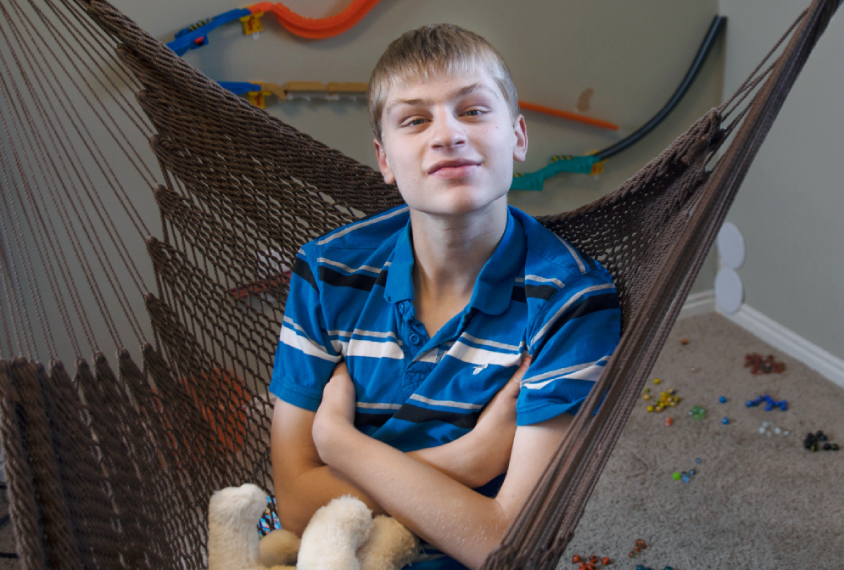
Why genetic tests matter for autistic people
Genetic tests for people with autism are far from routine and don't always yield results, but the information they offer can change lives.
Europe’s race to ramp up genetic tests for autism
Many countries in Europe are reckoning with the growing demand for genetic tests for autistic people — and the accompanying ethical and scientific considerations.

Europe’s race to ramp up genetic tests for autism
Many countries in Europe are reckoning with the growing demand for genetic tests for autistic people — and the accompanying ethical and scientific considerations.
How families are driving the study of autism genes
Parents of children with rare autism-linked mutations are banding together for support and to join forces with scientists, accelerating the pace of research.

How families are driving the study of autism genes
Parents of children with rare autism-linked mutations are banding together for support and to join forces with scientists, accelerating the pace of research.
Prenatal sequencing for some autism genes may soon be available
Two new studies point to the possibility of detecting autism mutations before birth — along with all the ethical and logistical problems that may bring.
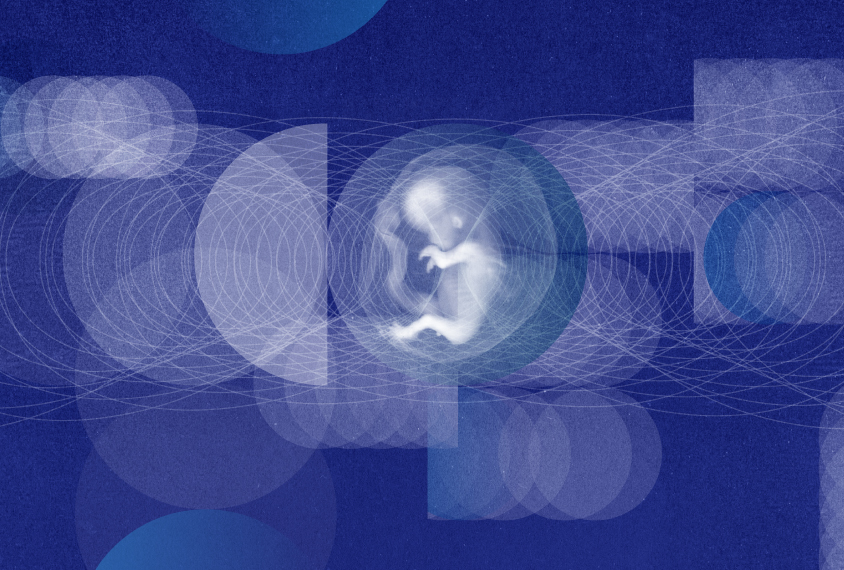
Prenatal sequencing for some autism genes may soon be available
Two new studies point to the possibility of detecting autism mutations before birth — along with all the ethical and logistical problems that may bring.
Genetic testing for autism, explained
No genetic test can say whether a person has autism, but it may point to a cause for the condition or for any related complications.
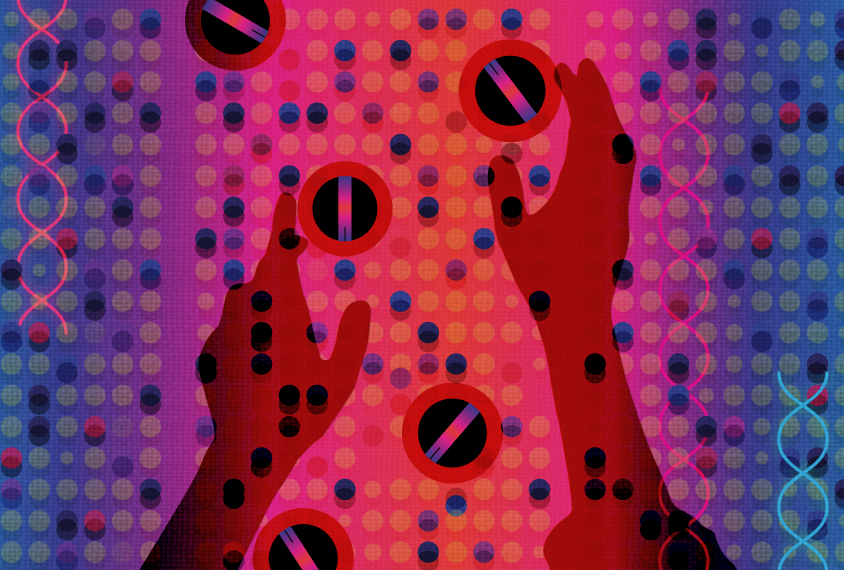
Genetic testing for autism, explained
No genetic test can say whether a person has autism, but it may point to a cause for the condition or for any related complications.
Sharing genetic results can advance autism science, medical care
People with autism and their families can be important partners in understanding the genetics of autism by agreeing to share their genetic data.
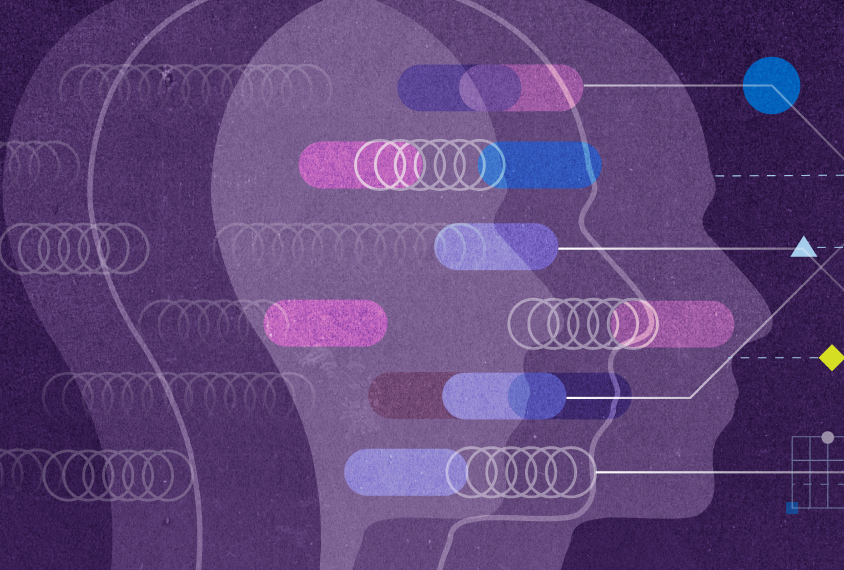
Sharing genetic results can advance autism science, medical care
People with autism and their families can be important partners in understanding the genetics of autism by agreeing to share their genetic data.
Spectrum Stories: The benefits of genetic testing in autism
Finding a mutation linked to autism traits can have life-changing consequences for autistic individuals and their families.
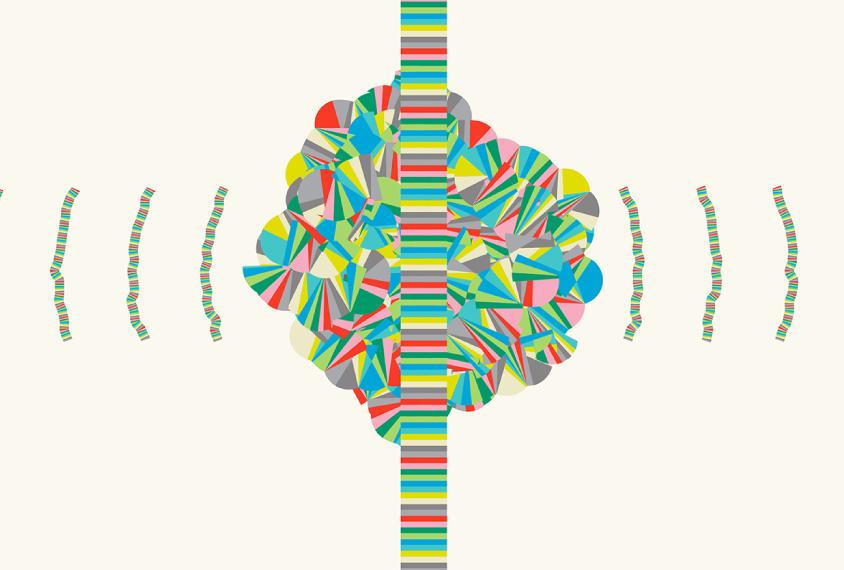
Spectrum Stories: The benefits of genetic testing in autism
Finding a mutation linked to autism traits can have life-changing consequences for autistic individuals and their families.
Counseling can ease shock of unexpected genetic results
The best way to deliver surprises from genetic findings is to provide adequate information and counseling alongside the results.

Counseling can ease shock of unexpected genetic results
The best way to deliver surprises from genetic findings is to provide adequate information and counseling alongside the results.
From the archives
Genetic testing, counseling crucial in people with developmental delay
Referring children with developmental delay to a clinical geneticist for testing and counseling helps families and advances research.
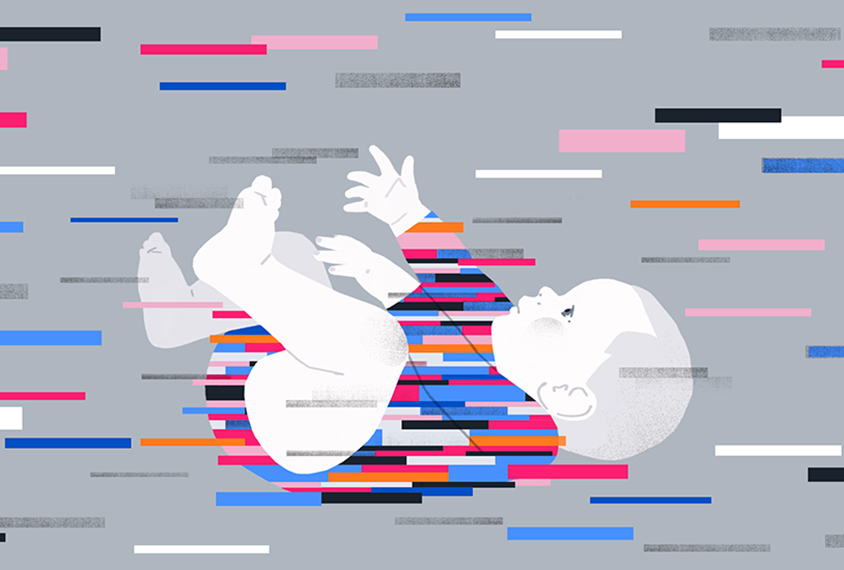
Genetic testing, counseling crucial in people with developmental delay
Referring children with developmental delay to a clinical geneticist for testing and counseling helps families and advances research.
Genetic risk ‘scores’ may help forecast autism diagnosis
A count of genetic variants may help predict a person’s risk of various conditions — but its clinical use prompts ethical questions.
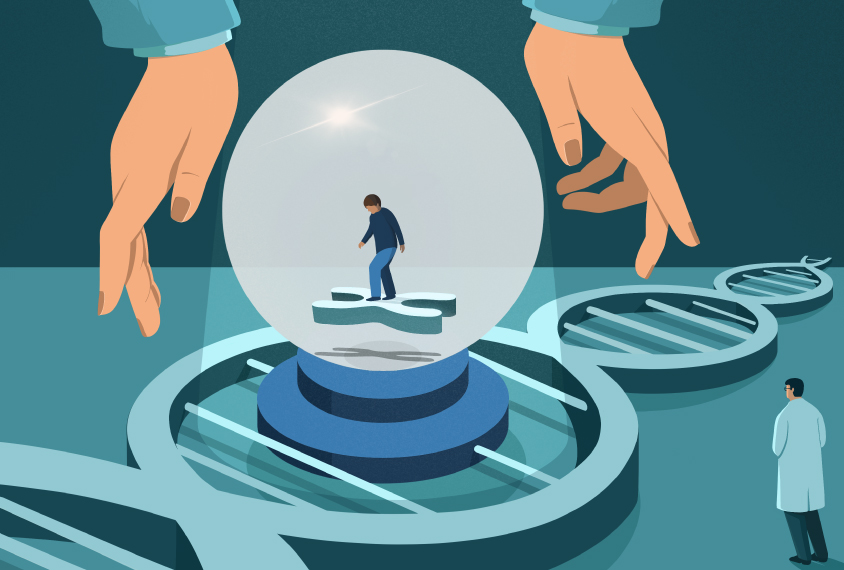
Genetic risk ‘scores’ may help forecast autism diagnosis
A count of genetic variants may help predict a person’s risk of various conditions — but its clinical use prompts ethical questions.
For accurate results in autism, genetic databases need diversity
We must diversify databases of reference DNA to improve our ability to interpret the consequences of genetic variation.
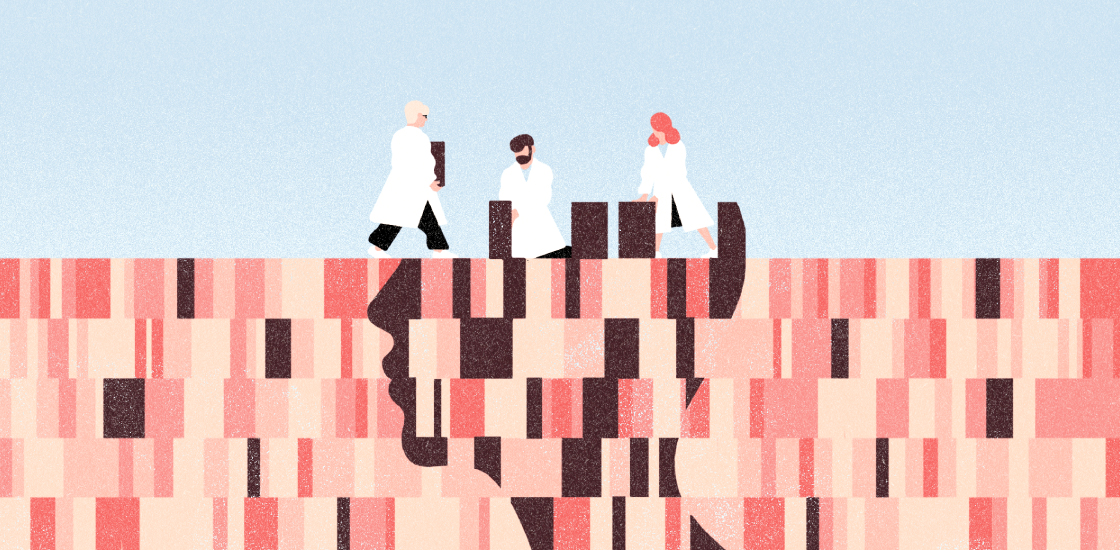
For accurate results in autism, genetic databases need diversity
We must diversify databases of reference DNA to improve our ability to interpret the consequences of genetic variation.
Family groups play key role in advancing autism research
Families need more support from researchers in order for their heroic efforts to be optimally effective.
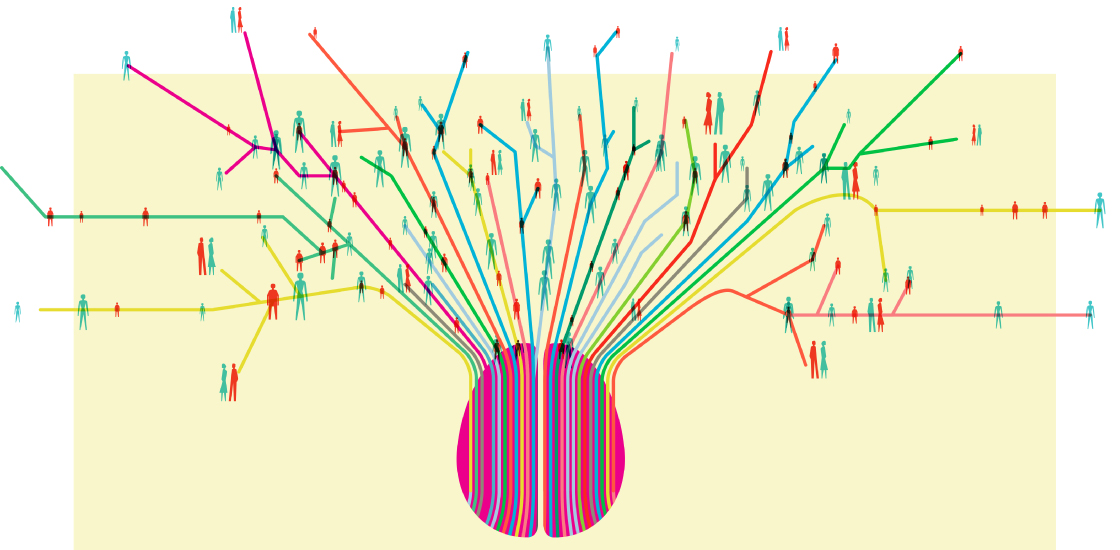
Family groups play key role in advancing autism research
Families need more support from researchers in order for their heroic efforts to be optimally effective.
Studies unveil hidden ties between epilepsy gene and autism
Over the past year, HNRNPU, a gene well known for its link to epilepsy, has emerged as a new autism candidate.
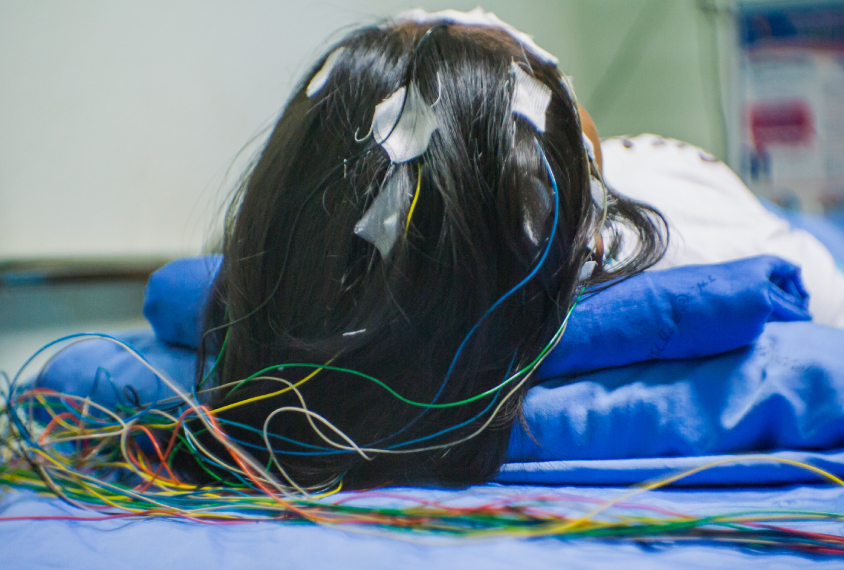
Studies unveil hidden ties between epilepsy gene and autism
Over the past year, HNRNPU, a gene well known for its link to epilepsy, has emerged as a new autism candidate.
Patent on autism genetic test may stifle science
A patent on variants in an autism gene is unlikely to hold up in court, but may still hinder research, some experts say.
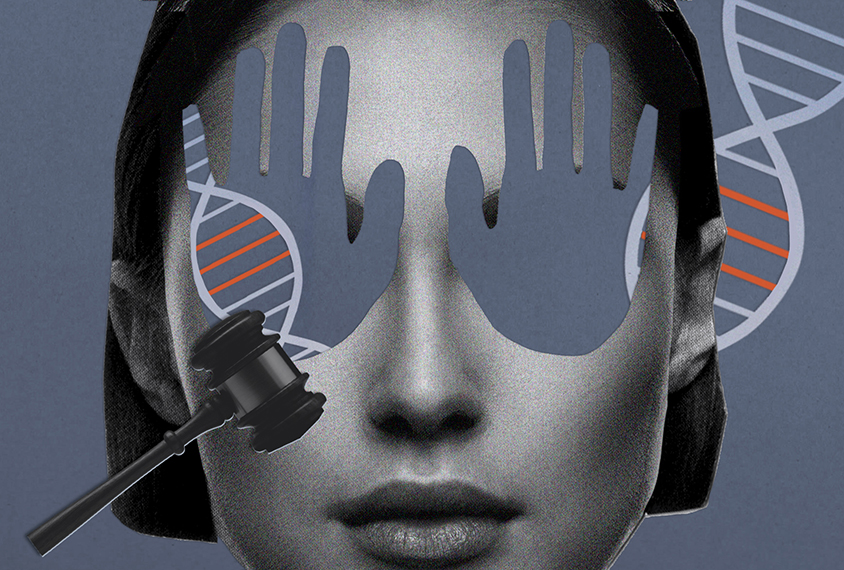
Patent on autism genetic test may stifle science
A patent on variants in an autism gene is unlikely to hold up in court, but may still hinder research, some experts say.
Precocious baby teeth signal rare form of autism
Most children with a rare autism-linked mutation develop baby teeth one to two years earlier than usual.
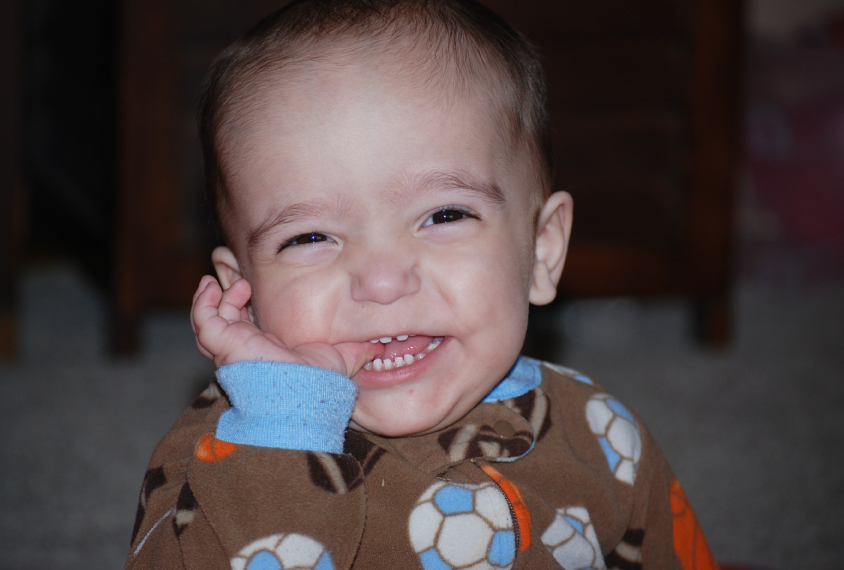
Precocious baby teeth signal rare form of autism
Most children with a rare autism-linked mutation develop baby teeth one to two years earlier than usual.
Genetics first: A fresh take on autism’s diversity
Each child with autism is different from the next. One approach rapidly gaining momentum makes sense of this diversity by grouping children together based on their genetics, then looking for patterns in their symptoms. The long-term aim: personalized treatments for each subtype of autism.

Genetics first: A fresh take on autism’s diversity
Each child with autism is different from the next. One approach rapidly gaining momentum makes sense of this diversity by grouping children together based on their genetics, then looking for patterns in their symptoms. The long-term aim: personalized treatments for each subtype of autism.
Explore more from The Transmitter
Cerebellum responds to language like cortical areas
One of four language-responsive cerebellar regions may encode meaningful information, much like the cortical language network in the left hemisphere, according to a new study.
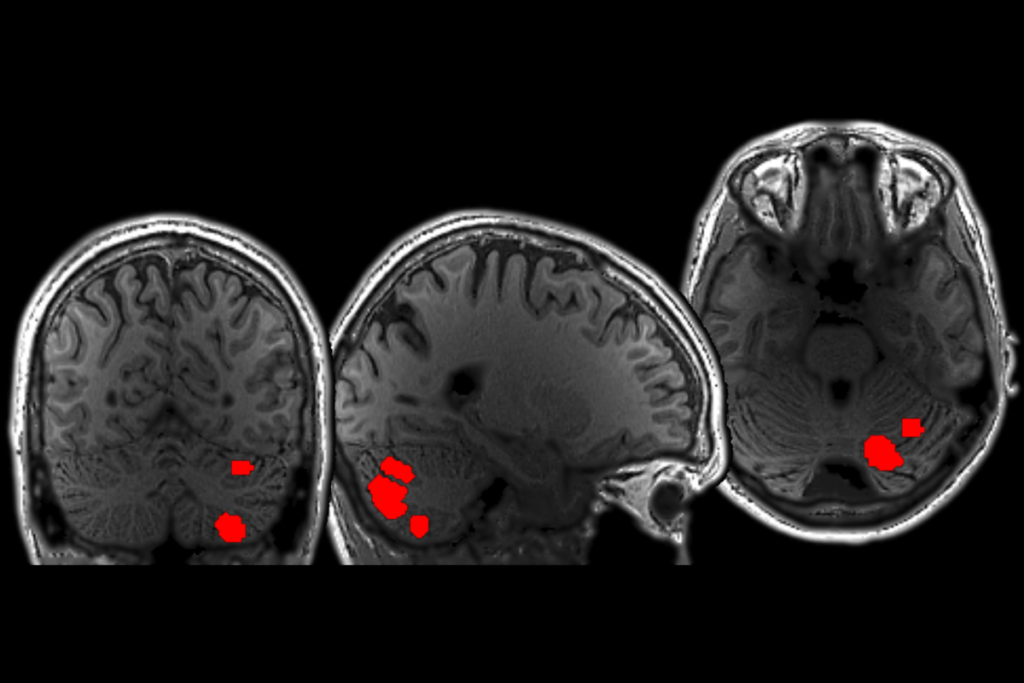
Cerebellum responds to language like cortical areas
One of four language-responsive cerebellar regions may encode meaningful information, much like the cortical language network in the left hemisphere, according to a new study.
Neuro’s ark: Understanding fast foraging with star-nosed moles
“MacArthur genius” Kenneth Catania outlined the physiology behind the moles’ stellar foraging skills two decades ago. Next, he wants to better characterize their food-seeking behavior.
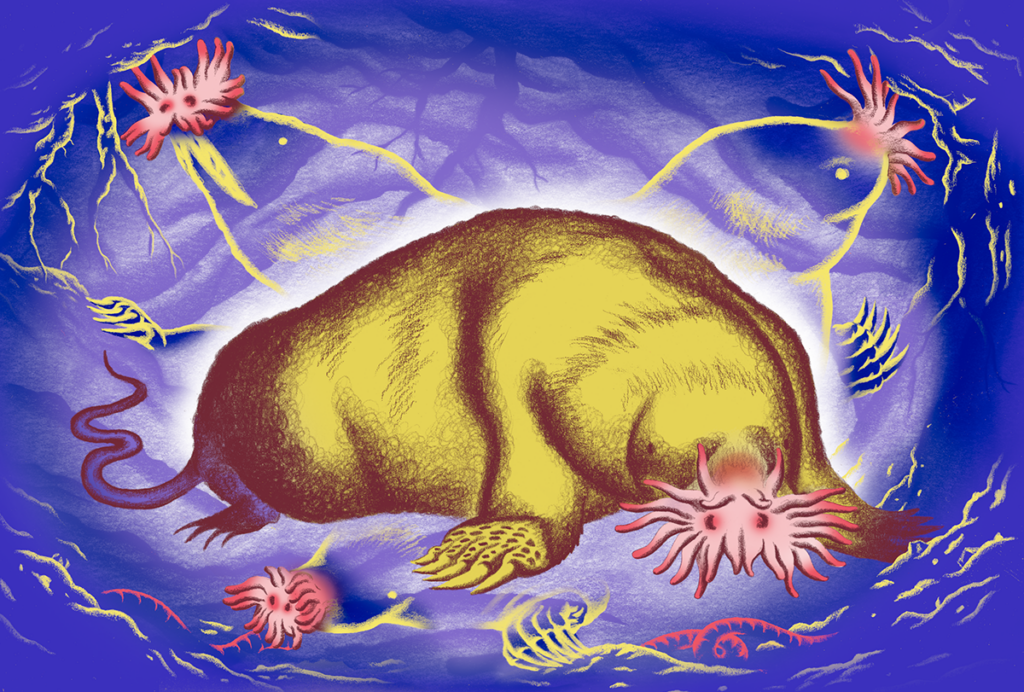
Neuro’s ark: Understanding fast foraging with star-nosed moles
“MacArthur genius” Kenneth Catania outlined the physiology behind the moles’ stellar foraging skills two decades ago. Next, he wants to better characterize their food-seeking behavior.
Largest leucovorin-autism trial retracted
A reanalysis of the data revealed errors and failed to replicate the results.

Largest leucovorin-autism trial retracted
A reanalysis of the data revealed errors and failed to replicate the results.